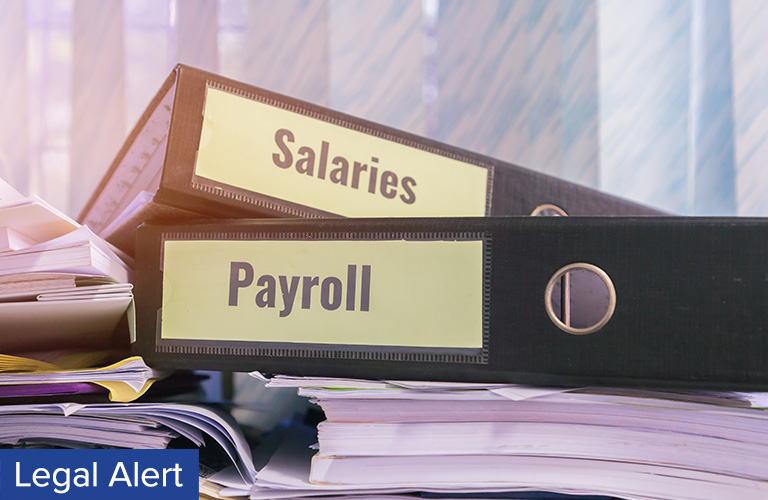
On August 28, 2020, the U.S. Department of the Treasury issued guidance for employers with respect to the deferral of the employee portion of certain payroll taxes. This guidance stems from a presidential memorandum Notice 2020-65 issued on August 8, 2020 authorizing employers to defer payment of these taxes. That memorandum allowed for the deferral of the employee portion of the social security tax and the Railroad Retirement Act Tier 1 tax under Sec. 3201 from September 1, 2020 until December 31, 2020. The memorandum allows employers to defer payment of the employee portion of these payroll taxes for workers earning less than $4,000 on a biweekly basis (roughly $104,000 annually). Federal employees will not be able to opt out, according to a memo sent on September 1, 2020 to Department of Labor employees.
The Treasury’s guidance makes clear that an employer may elect to defer the payment of the employee portion of these taxes on “applicable wages” until next year, when they would be owed in installments between January 1, 2021 and April 30, 2021. “Applicable wages” are defined as those wages paid to an employee on pay dates between September 1, 2020 and December 31, 2020, “but only if the amount of such wages or compensation paid for a bi-weekly pay period is less than the threshold amount of $4,000 or the equivalent threshold amount with respect to other pay periods.” The guidance specifies that applicable wages are determined on a pay period by pay period basis. Finally, the guidance makes clear that employers are required to pay these taxes to the federal government, but it also states that employers “may make arrangements to otherwise collect the [due taxes] from the employee.”
The guidance provides two clear takeaways. First, an employer is permitted to defer payment of these taxes, but is not required to. Second, it is likewise clear that unless further action is taken these taxes are merely deferred, not forgiven, and will be due by the end of April 2021. However, it is not clear what, if any, role an individual employee plays with respect to determining whether they want their share of these taxes deferred, or paid in the normal course. Additionally, it appears the employer is responsible for the uncollected balance of the deferred taxes unless an employer has made some arrangement to collect the taxes prior to an employee’s departure. This raises an additional issue of whether the uncollected balance paid by the employer constitutes taxable income to the employee. Employers will want to keep these points in mind as they evaluate whether or not to participate in this elective deferral.
If you have any questions regarding the issues raised in this client alert, please contact your Labor and Employment counsel at Smith, Gambrell & Russell, LLP.

